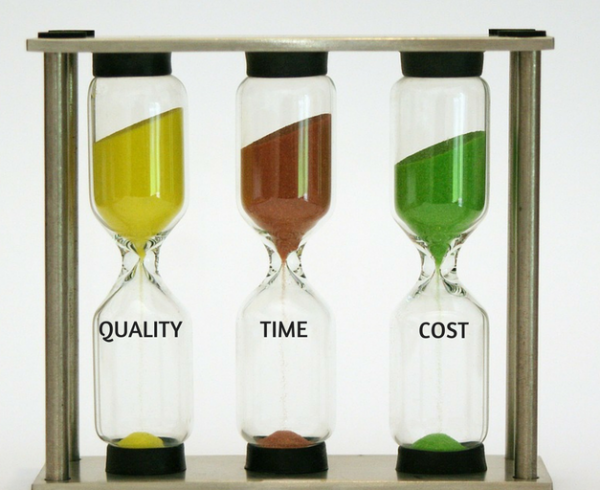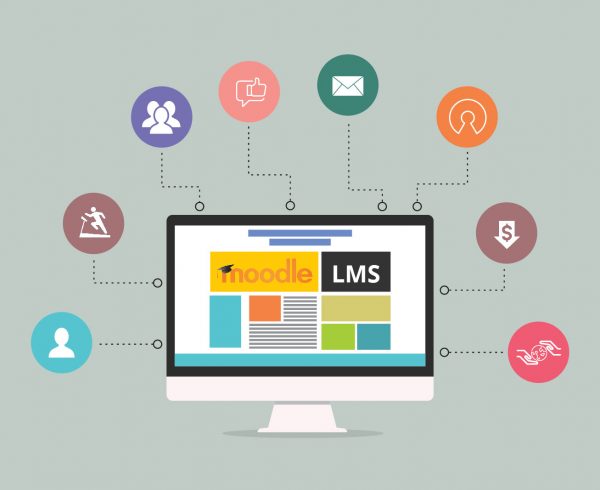While Amazon Web Services is the oldest cloud computing service provider, with the highest number of customers to its credit, Google Cloud Platform (GCP) is making deep inroads on the back of the competitive advantage it offers. Due to this, a new trend has come to light lately, which is that several large enterprises such as Snapchat, Spotify, adtecho.com, NYTimes and Netflix have started to migrate from Amazon Web Service (AWS) to Google Cloud Platform (GCP). While part of this can be attributed to Amazon, this transition is mainly governed by the competitive advantage GCP offers over AWS.
Amazon has an ever-changing ecosystem, which means that its focus is constantly divided. GCP on the other hand is completely technology-focused and offers industry-leading tools in deep learning coupled with data analytics and machine learning. This is just one reason for AWS to GCP migration.
Benefits of GCP over AWS
- Google’s Anthos, a well-regarded multi-cloud engine has found much favor with the customers as it makes their applications modern and compatible across any public or private cloud environment, even providing the advantage of AI and ML. With GCP, enterprises don’t have to worry about legacy code, and so they benefit from a fast go-to-market.
- GCP also provides added benefits in terms of pricing, along with all the necessary functionality and security measures.
- Google’s budget-friendly pricing structure offers significant cost savings over AWS and involves no upfront costs.
- GCP’s always-free tier is also more robust than AWS, offering per day, 9 backend instance hours and 28 frontend instance hours on the Google App Engine. Besides, customers can also access 1GB of storage on Cloud Firestore, 5GB of Regional Storage on Google Cloud, and GCP’s NoSQL document database.
- Also in terms of developer experience, GCP has an edge over AWS.
- GCP provides a varied range of services including DataProc and Dataflow. GCP also uses Tensorflow, which is one of the most used Machine Learning libraries available for Deep Learning.
- GCP also outscores AWS in terms of the wide range of customization it provides for any Instance; customization in the case of AWS is limited. In terms of maximum Instance size, AWS has 128 CPUs with 2TB of RAM, whereas GCP has 96 CPU Instance with 1.4TB of RAM.
- The other major difference between AWS and GCD is in terms of Kubernetes services. Kubernetes is an open-source platform developed by Google to manage containerized workloads and services. Leveraging a wide range of tools, the platform facilitates both automation and configuration. Kubernetes services, tools, and support are part of the GCD package. On the other hand, AWS also offers Kubernetes services but the catch is that rollouts on AWS are always delayed.
- The home-field advantage doesn’t end just with Kubernetes services. Google is one of the largest contributors to Open Source Solutions that are now integral to any cloud space. Over the last decade, Google is credited with more than 2,000 open source projects. While AWS gradually benefits from these, Google has the first-mover advantage.
- Another reason that is prompting an AWS to GCP migration is security. As the largest search provider, Google is constantly the target for cyberattacks, and therefore, has more knowledge and hands-on experience in security. It is known to provide industry-leading protection. By default, Google encrypts all data transitions between its customers, data centers and also data in GCP services. AWS data encryption services, on the other hand, are not available by default. This makes AWS more vulnerable to potential attacks. In fact, many cyberattacks are a result of misconfigured cloud servers.
- Google also provides the Cloud DLP tool which developers can use to identify and manage sensitive information; and redact sensitive data from text streams before writing to disk, generating logs, or performing analyses.
- Another factor in favor of GCP is that Google is the third-largest server manufacturer in the world; however, the company does not sell its servers, it builds them solely for its own use. This ensures that the company has complete control over the entire building process to ensure the highest levels of security.
Also Read: Top 8 Cloud Security Best Practices
So should you migrate from AWS to GCP?
As of now AWS boasts a higher number of customers than GCP. AWS is great for small businesses and startups that are just getting familiar with the cloud. It also works well for educational institutions. AWS is also a great way to start off a cloud project as it is almost free for the first year and customers can also obtain Amazon credits through programs such as Amazon Activate.
However, once you cross some milestones it may be time for you to migrate from AWS to GCP. This is because GCP offers more exciting opportunities for the developers; they can easily access top of the line tools to build their apps. GCP offers more in terms of monitoring, developing and user-friendly integration modules such as Kubernetes, Pubsub and Cloud. Also, GCP gives more discount on its products coupled with a calculator that is transparent with no hidden fees/charges.
Also Read: 6 Best Practices for Cloud Cost Optimization
In conclusion
Many major enterprises are migrating from AWS to GCP. While there are several factors that are prompting this AWS to GCP migration, some of the more prominent ones are the fact that GCP is more budget-friendly and offers a host of features that make development exciting. Besides, GCP allows for more customization and products, along with machine learning and artificial intelligence. GCP also scores over AWS in terms of security. All data in GCP is encrypted by default. Besides, Google also enables encryption of cloud applications at the application layer to achieve the highest levels of data security.
This being said, both AWS and GCP are constantly expanding their reach and upping the competition. Currently, AWS has greater reach; however, GCP is fast trying to meet and exceed the competition on the back of factors such as open-source tools, AI integration, strong data protection, and better scalability. Added to these is the billing advantage that GCP provides over the AWS platform, which itself may be reason enough to prompt an AWS to GCP migration.
Need to know more about our Products & Services ? Drop us a Note.











